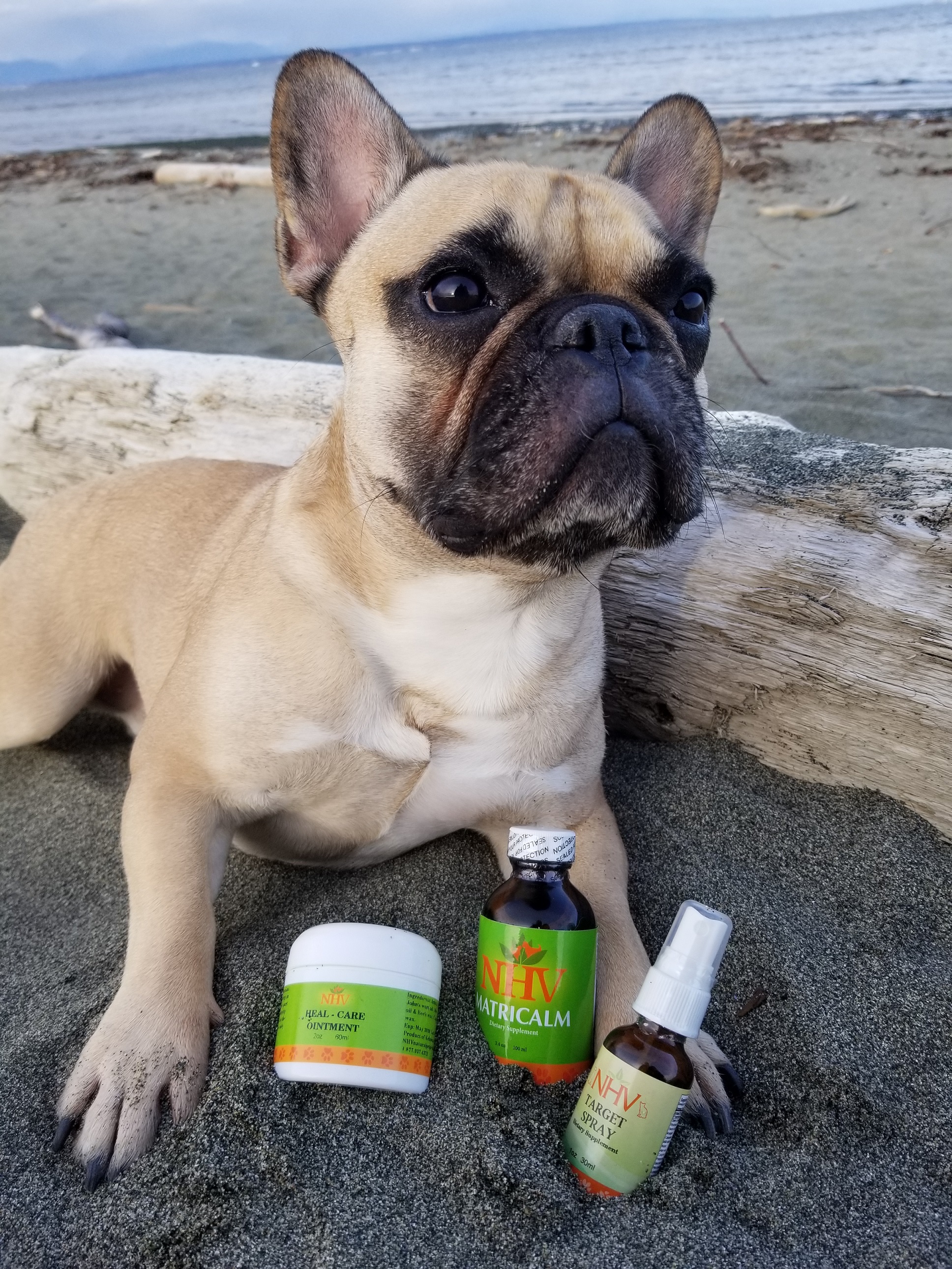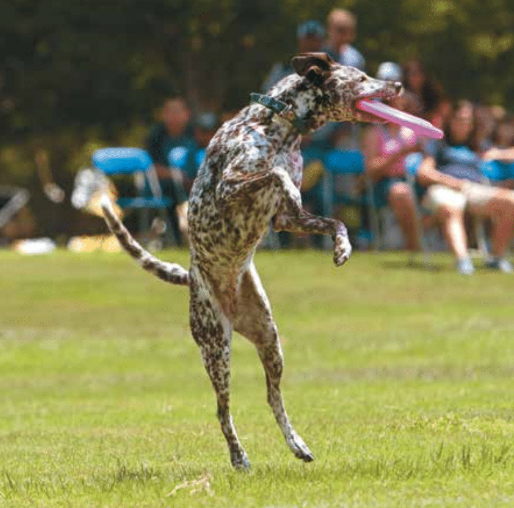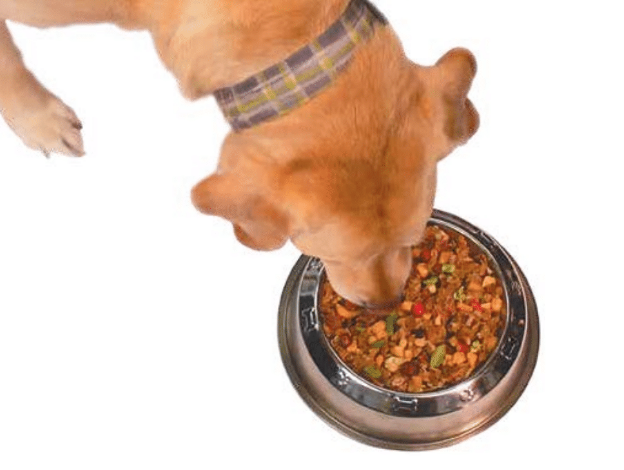Enter Exotic: Unique Protein Sources Offer More Variety to Pet Owners
Pet Age Staff//September 11, 2018//
Enter Exotic: Unique Protein Sources Offer More Variety to Pet Owners
Pet Age Staff //September 11, 2018//
BY ERIC STENSON
Beef, lamb, chicken—these seem pretty standard among proteins one might expect to find in pet foods, snacks or treats. However, these barely scratch the surface of what one might find.
Duck and rabbit might seem fairly pedestrian and expected, but what about kangaroo, quail and wild boar? These are some of the options available in dog and cat food with Walk About Pet Products of Fairfield, California. The company also produces Canine Exotics, which can be mixed with one of its canned or freeze-dried proteins to offer variety for dogs with allergy or digestive concerns, according to the company’s catalogue.
Jerky treats consist of alligator, brushtail opossum, and merino sheep and goat, in addition to several of the previously named proteins.
“Exotics—that was the direction owners were going because of the reactions they were having to domestic proteins,” said RaChelle Lobre, vice president and national sales manager for Walk About Pet. “We’re big on single-source proteins; we don’t want to mix our proteins because of reactions.”
Lobre has known husband-and-wife company owners Adam and Emma Brady since 2010. She had served as an independent representative for the Bradys and later took another job before joining Walk Around Pet full time in 2015. The company started with goat-based jerky treats and has been adding steadily to its line since then, Lobre said.
She indicated that flexibility is a key to success in the alternative protein universe and that smaller companies have the edge in this sector because of their agility.
“It’s difficult to obtain the exotics. You have to be a company small enough to shift gears when a source dries up. We have that capability,” she said. “You have to be able to move quickly with new packaging, new formulations.”
Her company caters to dogs and cats, and she acknowledges that cats are a bigger challenge.
“I think dogs are a little easier. Cats are more finicky; there are more variables involved regarding shape and flavors,” she said. “Cats are bored with the basics—when they’re served a kangaroo or goat, they’re pretty excited.”
From a retailer perspective, Talina Santos, manager of Dog Spaw in Little Silver, New Jersey, sees exotic proteins as a growing trend, primarily based on health. Brands her store carries include Zignature, which features kangaroo and venison; Farmina, which includes boar; Primal’s rabbit-based food; Hounds and Gatos, which also includes rabbit; and Stella and Chewy’s, which has formulas with rabbit and pheasant. She said sustainability is less of a concern with consumers but something that is becoming more common for producers.
“People ask for them when dogs have allergies or intolerance to more common proteins like beef or chicken,” she said. “More and more brands are trying to get more sustainable, including certification for fishing practices.”
Hop to It
Jiminy’s of Berkeley, California, works with only one protein in the development of its treats. Given the name, it’s no surprise that the go-to source is crickets. There are three varieties: Original Recipe, which combines crickets with lentils, pumpkin puree, flax seed and peanut butter; as well as Peanut Butter and Blueberry; and Sweet Potato and Apple.
Anne Carlson, founder and CEO of Jiminy’s, got started when she became concerned with finding sustainable protein sources for treats.
“I used to work for a big company, and I did a lot of work into what was happening in the future and what would disrupt our world,” she said. “With 89 million dogs (in the United States) and 32 billion pounds of proteins consumed, most of that coming from traditional agriculture, that isn’t sustainable. We have to do things differently. A United Nations study says insects could become the answer.”
Carlson says crickets are easy to farm, and the crickets in her company’s treats live out 80 percent of their natural lives before they are harvested into treats. She describes crickets as a complete protein, featuring all the amino acids, calcium and Vitamin B12. She deals with farms in Canada but is also starting to explore sources in the United States.
“It’s a very humane process. They are a swarming species—they like to live together in dark spaces, so they’re natural for farming,” she said. “They live through breeding, which would mark the end of their lives anyway. You have to keep temperature and humidity right; there is an art to it, but it’s a barn that’s set up to do this right.”
Jiminy’s currently only produces treats, having started with biscuits and having recently introduced a soft, chewy training treat at SuperZoo, and the company is also working on developing a food. They plan to expand its line to cats, but Carlson indicates they can be a little trickier regarding flavor, shape and texture. Given the ease of using crickets and the low level of resources required for their cultivation, she has just scratched the surface on their potential.
“Sustainability is the key—they use less water and feed, greenhouse-gas emissions are minimal. It’s just a fantastic solution,” Carlson said. “It’s what sets us apart: 250 gallons of water saved for a bag of (cricket-based) treats versus beef treats. It really makes a difference.”
Plant-Based Protein
What if you’re looking to get away from animal-based protein sources entirely? KetunPet of Miami, Florida, produces vegan-friendly dog and puppy food formulas that completely eschew any use of animals or animal by-products, according to Jordi F. Verite, the company’s managing member.
“Dogs don’t need to have animal-based protein to grow,” he said.
Verite started selling food in the United States about six months ago, after two years of tests and trials, he said. He has marketed food in Argentina, Korea, Chile and Brazil and is now working with Japan, Germany and Spain.
“Response has been very good. It’s kosher, it appeals to vegetarians, so we have a strong niche in that market,” he said. “We aim to promote it as healthy food; vegan is only part of the appeal. There’s no fat, grease or meat by-products. Thinking of that alone makes you question if you’d want to feed that to your dogs.”
The foods contain only vegetable protein, featuring chia and quinoa. The puppy formula contains a higher level of protein and vitamin content than the one for adult dogs, Verite explains, and he also recommends the puppy food for gestating mothers or high-energy animals such as police dogs.
“If you want to avoid going to the vet very often, you have to give them something healthy,” he said. “Fewer vet visits, longer life, happier dogs.”



















